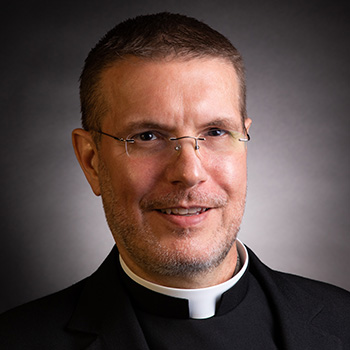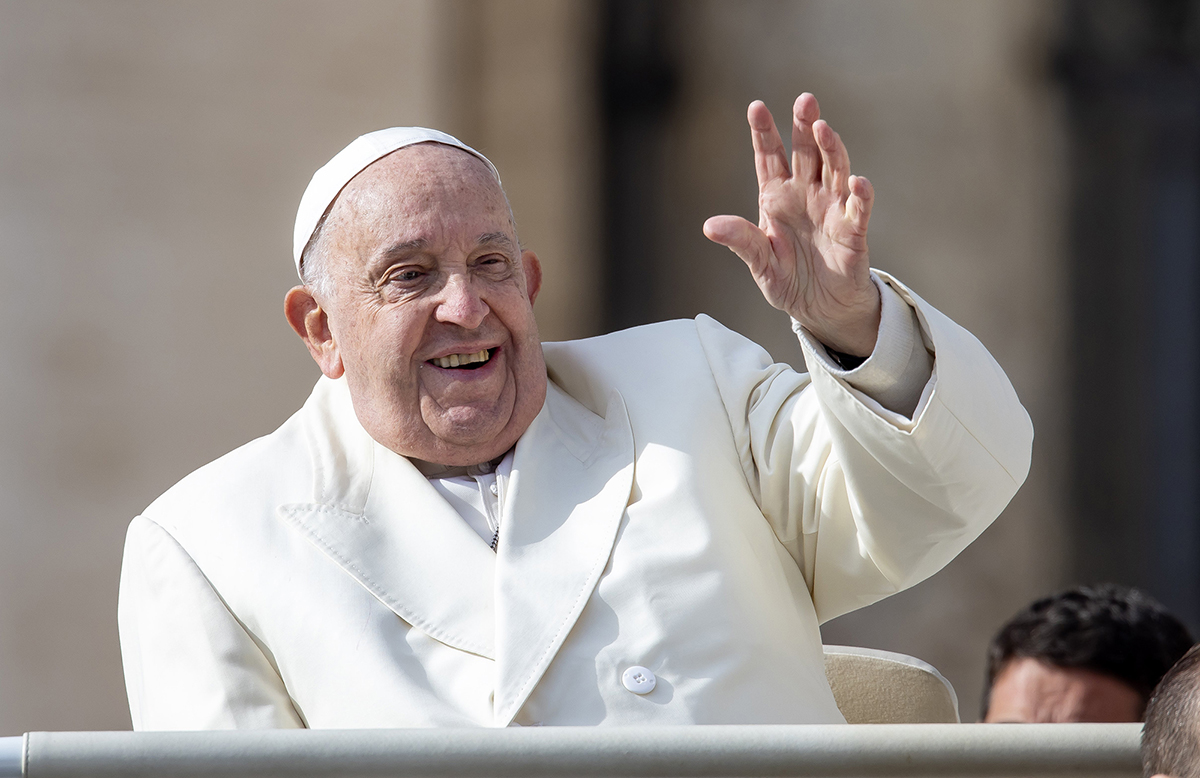DEAR FATHER | The sacraments draw us into a closer relationship with God
When I was confirmed as a teenager, I seldom went to Mass and had doubts about God. Now that I take my faith seriously, should I be confirmed again?

Another way of posing the question is as follows: “Was my confirmation valid if I wasn’t actively practicing my faith at the time I received it?” The answer is important, since there are three sacraments that cannot be repeated: baptism, confirmation and holy orders. According to the Catechism of the Catholic Church: “Baptism, confirmation and holy orders confer, in addition to grace, a sacramental character or ‘seal’ by which the Christian shares in Christ’s priesthood and is a member of the Church according to different states and functions. This configuration … is indelible. It remains forever in the Christian as a positive disposition for grace… Therefore, these sacraments can never be repeated” (CCC 1121).
So if a person receives one of these sacraments in an unrepentant state of sin or with very little faith, does that affect the validity of these unrepeatable sacraments? The answer is no, absolutely not. There are many adults who received baptism because they were marrying a Catholic or confirmation because their parents wanted it. Certainly in the Middle Ages many men were ordained as priests or bishops in order to advance their standing in society with little thought toward serving God. In each of the above examples, the sacraments would be valid, but because the person receiving them was not predisposed toward grace, they would not experience the spiritual benefits.
What if the person later repents? It is then that he or she experiences the true generosity of God. The moment the person turns to God in repentance, the grace of baptism, confirmation or holy orders is poured out in the person. The whole purpose of these sacraments is to draw the person into a closer relationship with God and configure him or her to Christ. God is not legalistic. He will always provide the grace once the person removes the obstacle of sin or lack of faith.
A related question is that of the priest or bishop who is in a state of mortal sin or who has weak faith. Are the sacraments he confers valid? St. Augustine dealt with this very issue 16 centuries ago when asked about sacraments conferred by schismatics. Augustine argued that God is faithful even if the priest is not. The sacraments work ex opere operato (“by the work performed”), and not by the holiness of the priest. Even the most sinful priest confers the sacraments of the Church validly, provided that he follows the ritual and intends to confer them. This is the official teaching of the Church. For the sacraments of baptism, confirmation and holy orders, no one should doubt their validity if the recipient or priest was lacking in faith or morals. They are valid, and with repentance comes the full outpouring of the grace they are meant to confer.
Father Scott Jones is the episcopal vicar for the Northern Vicariate of the Archdiocese of St. Louis.




